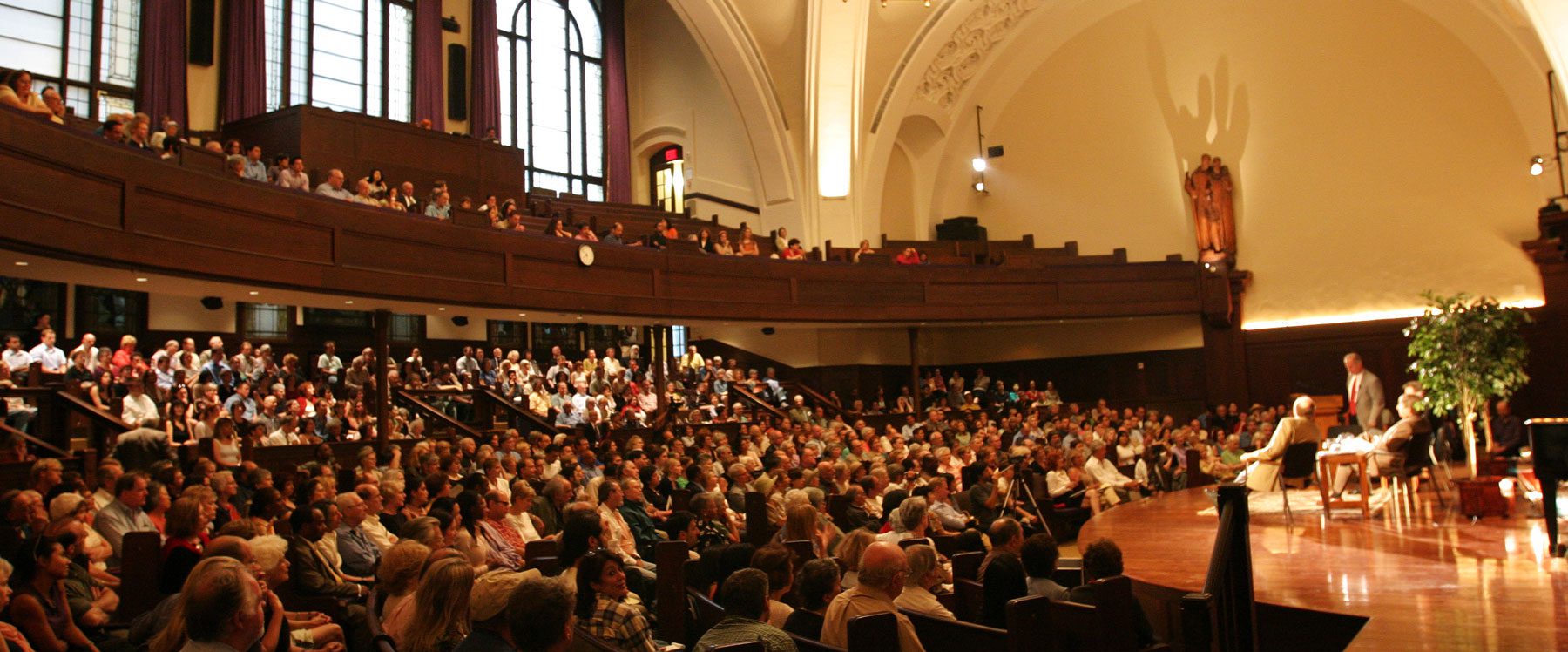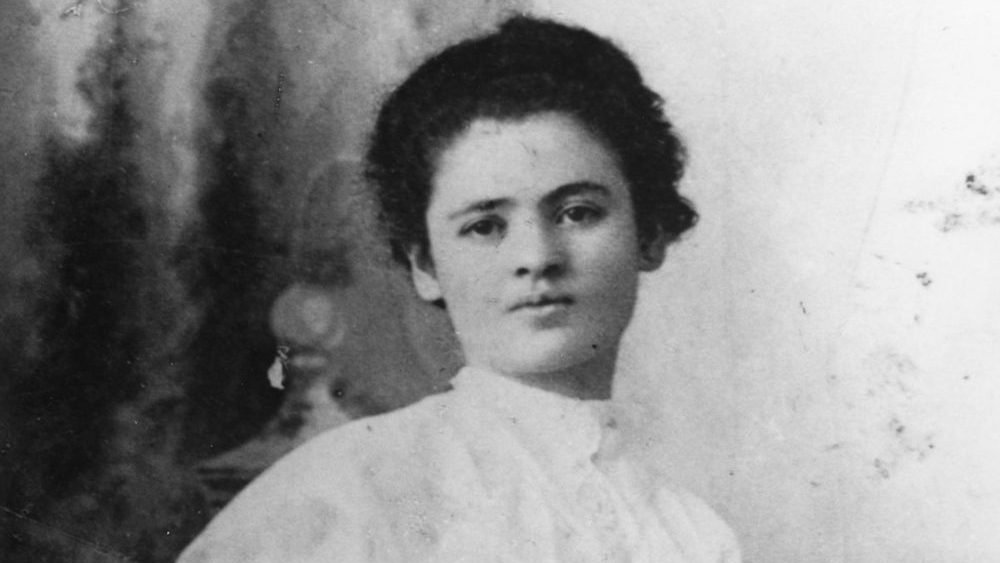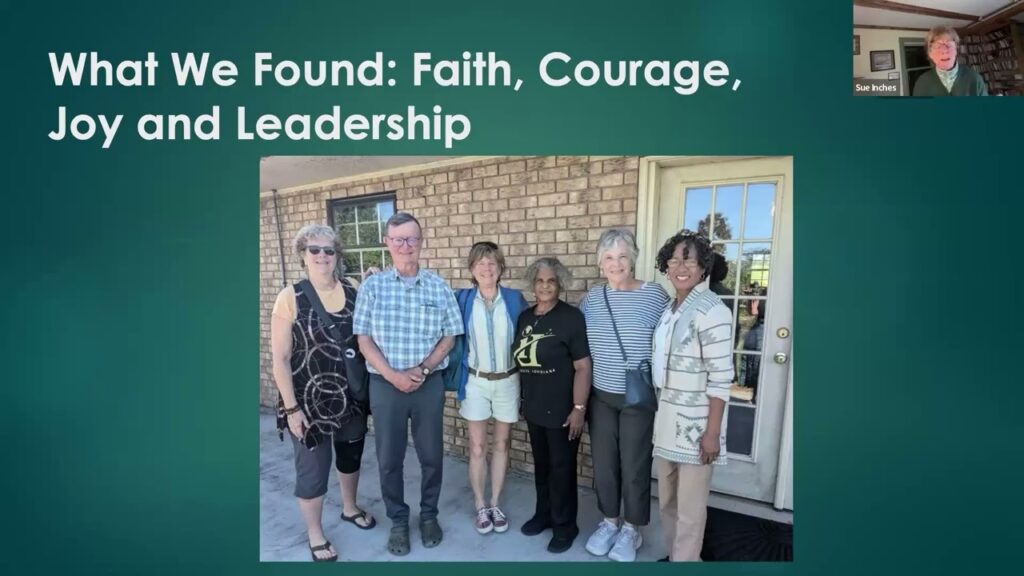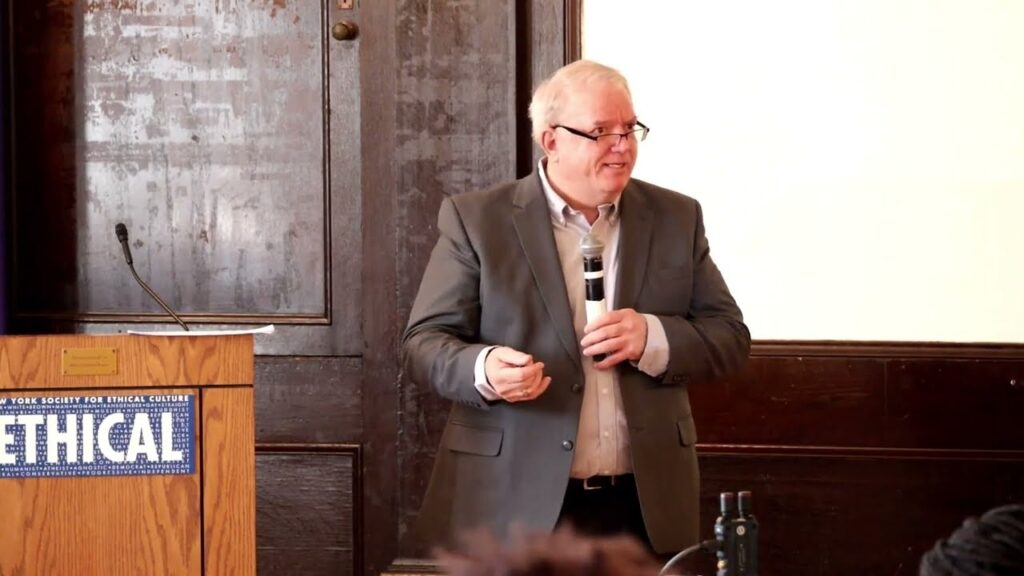
The superstorm that rocked our world last month brought out the best and the worst in humanity. Even as volunteers from near and far prepared to make their way to ravaged areas in New York and New Jersey, a Staten Island mother of two young sons lost her grip on them as water pounded their car and swept them away from her. No one behind the doors on which she knocked would help her look for them or let her call 911. She spent that storm-tossed night on the front porch of an empty house, and the next day rescuers found her children’s bodies.
What lessons have we learned? And, if we have learned anything, will we actually change our behavior?
Human nature is unlikely to change. Those who rush to the scene of a disaster will continue to do so; those who cower behind closed doors will stay hidden; and those who lose lives and property will always suffer. How can we, as intentionally ethical community, make a difference? Here are three areas that deserve our attention:
• Global climate change
The debate in the scientific community is not over whether humans have changed the climate, but the impact this change has had and what measures can be taken to stop it. Three years ago, the NYC Panel on Climate Change made a prediction in its report: “In the coming decades, our coastal city will most likely face more rapidly rising sea levels and warmer temperatures, as well as potentially more droughts and floods, which will all have impacts on New York City’s critical infrastructure.” While we look to other cities like Venice, London, Rotterdam and Tokyo, where there are sea walls, levees and wetlands, flood plains and floating city blocks, we realize that we are far behind – and paying dearly for it.
Sandy may well be a modest preview of dangers yet to come, especially if we continue to burn fuels that pollute the air with heat-trapping gases. The journal Nature Climate Change suggested that no matter how quickly we cut this pollution, we are unlikely to keep the seas from climbing less than five feet. To see the possible impact on your home, visit SurgingSeas.org which posts maps and analyses for every low-lying coastal community in the contiguous United States.
It is incumbent upon us to learn the facts, to pull others out of their denial, and to promote every effort to reduce our dependence on fossil fuels and use clean energy.
• Occupy Sandy
“Just after [political writer] Thomas Frank declared Occupy [Wall Street] dead, killed by its own fascination with process and language, I walked into St. Jacobi Church in Sunset Park Friday and saw so many familiar faces, not sitting around debating about the revolution, but doing hard, necessary, practical work to feed and clothe and support swathes of the city reeling from the superstorm.” Sarah Jaffe
The National Guard, Red Cross, and FEMA (Federal Emergency Management Agency) raced to storm-ravaged areas and found veterans of the Occupy movement already there, coordinating the delivery of basic necessities and filling a void where these establishment first-responders fell short. Volunteers immediately developed relationships with local neighborhood organizations and got to work. Here’s what you can do to support their ongoing efforts: Donate supplies that people really need through Occupy Sandy’s “Wedding Registries” at http://interoccupy.net/occupysandy/wedding-registries/ where coordinators on the ground post what they need, and you buy the items on Amazon to have them shipped to the various locations.
• Politics
Asked on Fox News whether then presidential candidate Mr. Romney might tour damage of his state, Governor Chris Christie was dismissive: “I have no idea, nor am I the least bit concerned or interested. I have a job to do in New Jersey that is much bigger than presidential politics. “If you think right now I give a damn about presidential politics, then you don’t know me.”
Democracy requires an engaged citizenry; it’s not enough to vote in elections. According to Michael Kimmelman (“Vetoing Business as Usual After the Storm,” NY Times, 11/19/12), the problem we now face “is not technological or, from a long-term cost-benefit perspective, financial. Rather it is the existential challenge to the messy democracy we’ve devised.”
For example, over the years, authorities in New York and New Jersey have allowed heavy development of at-risk coastal areas, and federal flood insurance is a way that taxpayers subsidize building and rebuilding in places destined for future storms. Making changes that will undoubtedly upend lives and restructure communities means not only untangling miles of red tape, but also finding new ways of living together.
Together, as an ethical community, we can learn more, advocate for necessary changes and engage our neighbors in creating a society that meets the needs of everyone.







